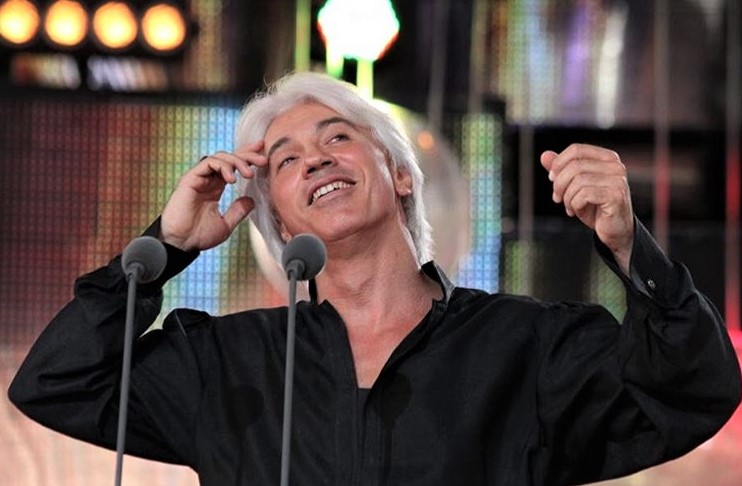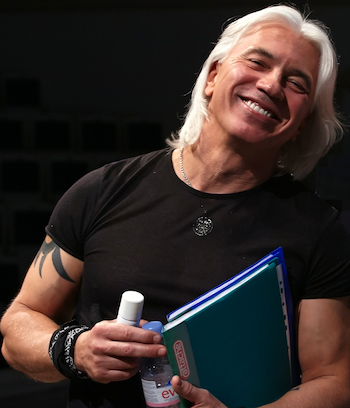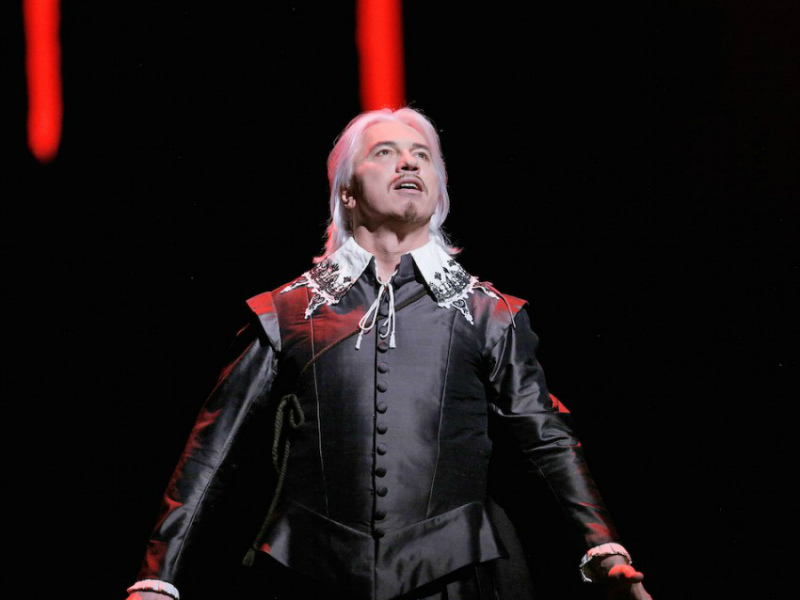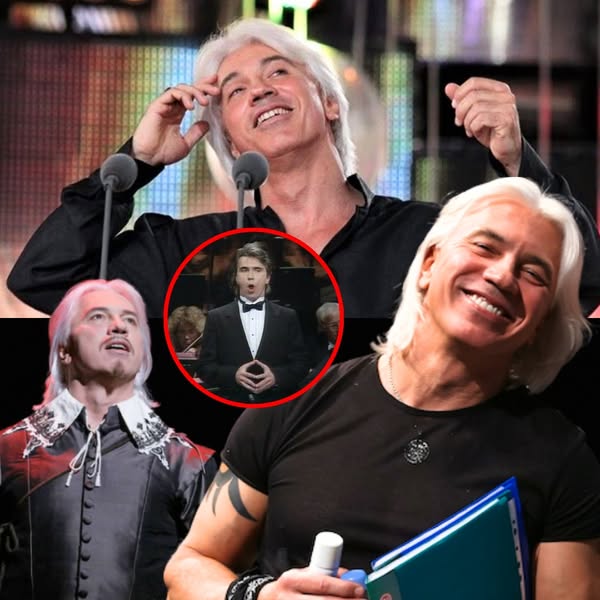
Dmitri Hvorostovsky stepped forward, silver hair catching the light like a crown, his presence calm yet commanding. The hall, filled with quiet expectation, hushed to reverent stillness. Then came the first notes of “Ombra Mai Fù”, and everything—time, thought, breath—ceased.

His baritone, rich as velvet and weighted with unspoken grace, unfolded gently. It didn’t demand attention—it invited it. Each phrase was like a whispered benediction from nature itself, tender as leaves stirred by a breeze, ancient as the trees the aria honors. In Hvorostovsky’s voice, Handel’s simple melody became something divine: a hymn not to spectacle, but to serenity.

No one dared to move. The world outside the walls of that concert hall ceased to exist. Listeners were not merely hearing music—they were being held by it, cradled in a moment of pure, human stillness. It was as though the song reached beyond the earthly, drawing down light from something eternal.

Tears came quietly. They traced the cheeks of those lucky enough to witness it—silent, reverent, as if stirred not by sadness, but by beauty too rare and too perfect to bear.

